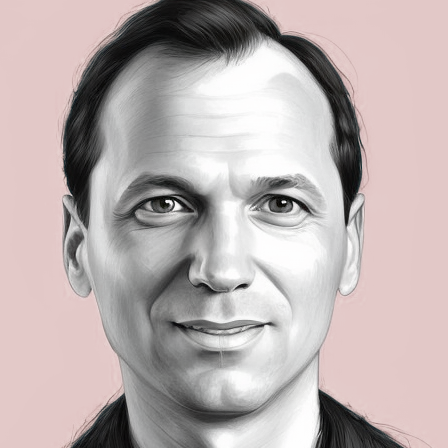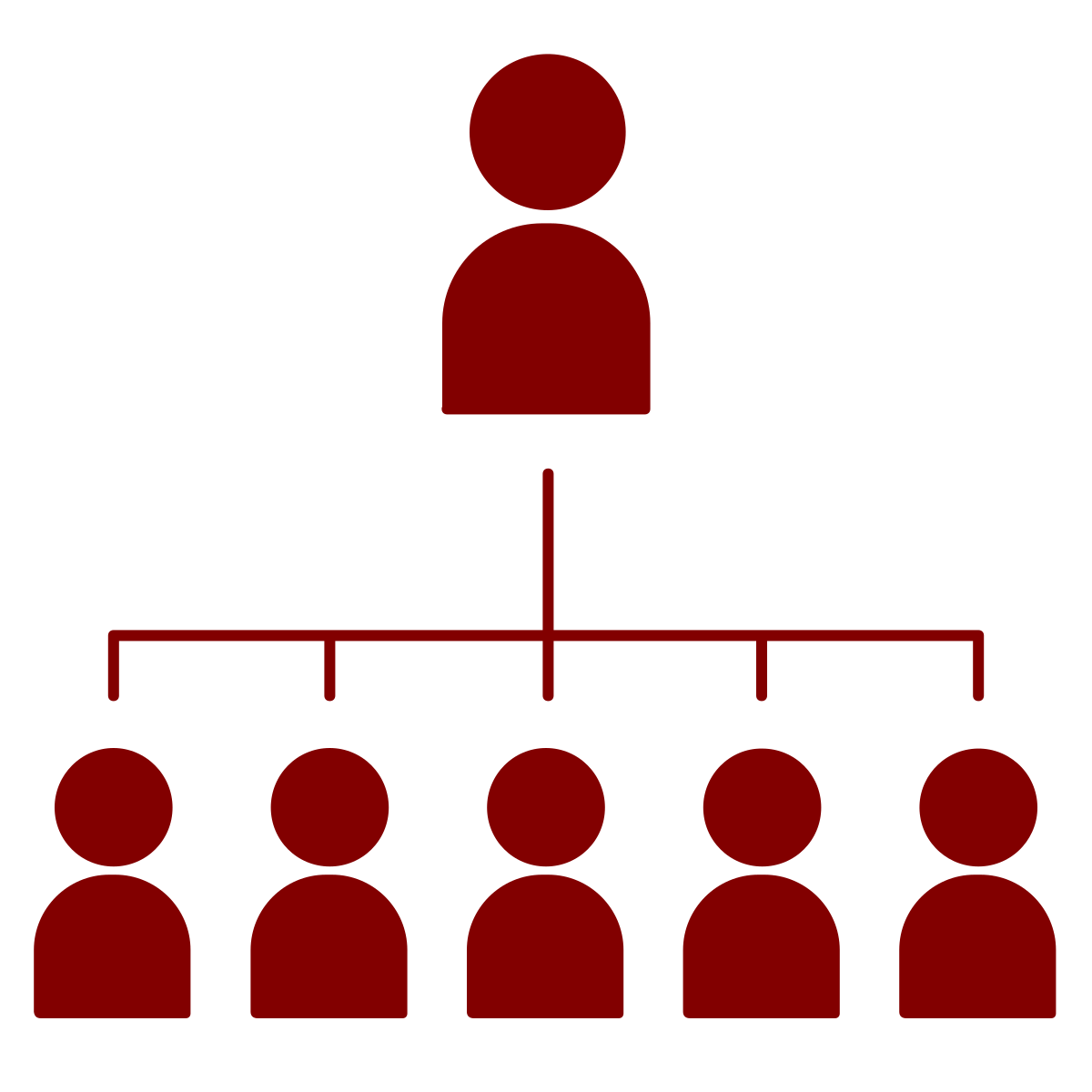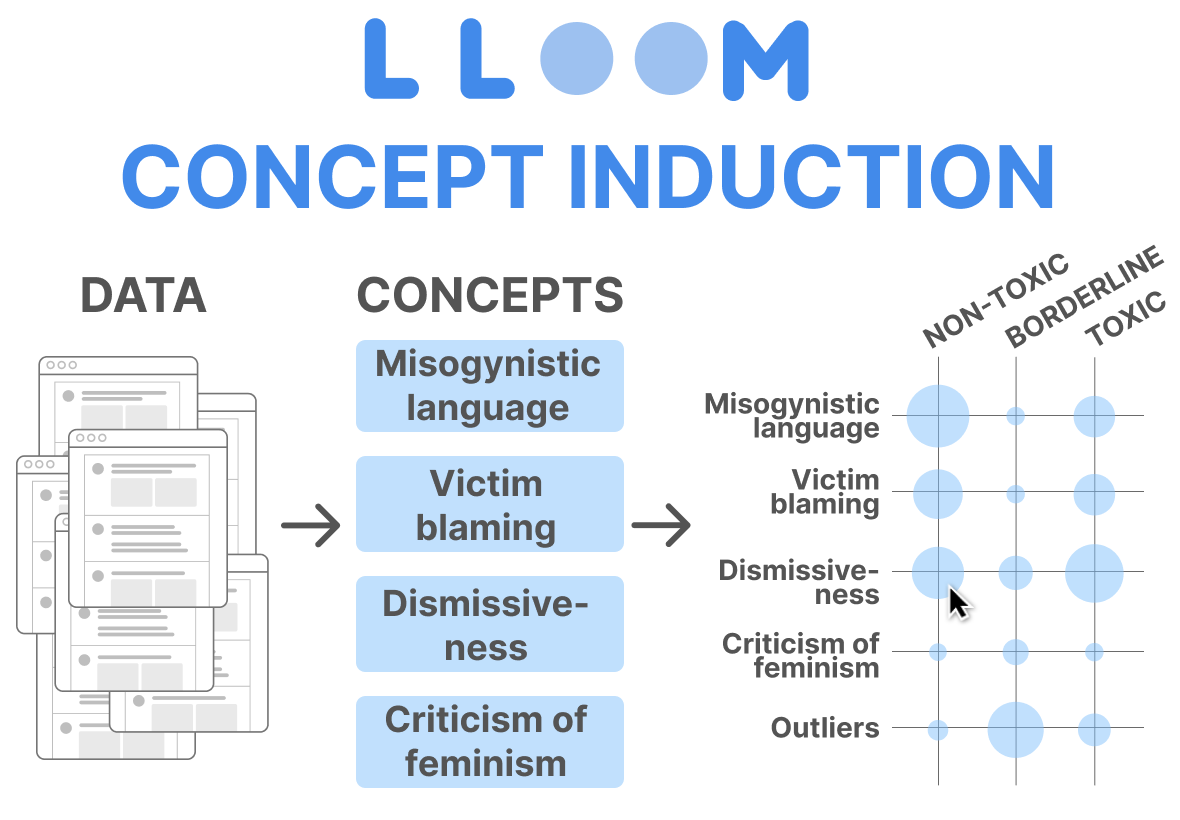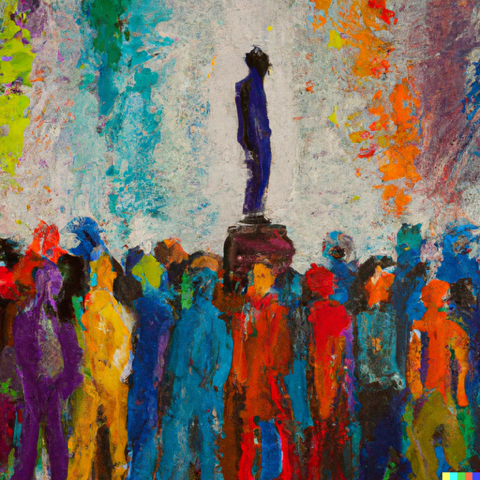Computing platforms shape our interactions with other people: how we collaborate, how we socialize, and even how we govern. By changing these computing platforms, we change human behavior: as Winston Churchill said, “We shape our buildings; thereafter they shape us.” How do we design these computing systems effectively and responsibly? My research in human-computer interaction advances systems, designs, and models for social computing systems. In doing so, I aim to shed light on long-standing research questions: How do we cross the gap between social scientific knowledge and concrete system designs that manifest this knowledge into pro-social interactions? How can we model human attitudes and behavior to help us craft technology and social policy? How should we design our computational tools if we want them to be successfully embedded into society?
Bio: Michael Bernstein is a Professor of Computer Science at Stanford University, where he is a Bass University Fellow and Senior Fellow at the Stanford Institute for Human-Centered Artificial Intelligence. A nationally bestselling author, Michael focuses on designing social, societal, and interactive technologies. This research has been reported in venues such as The New York Times, TED AI, and MIT Technology Review, and Michael himself has been recognized with an Alfred P. Sloan Fellowship and the Computer History Museum's Tech for Humanity Prize. Michael holds a bachelor's degree in Symbolic Systems from Stanford University, as well as a master's degree and a Ph.D. in Computer Science from MIT.
Publications
 Lindsay Popowski, Helena Vasconcelos, Ignacio Javier Fernandez, Chijioke Chinaza Mgbahurike, Ralf Herbrich, Jeffrey Hancock,
Lindsay Popowski, Helena Vasconcelos, Ignacio Javier Fernandez, Chijioke Chinaza Mgbahurike, Ralf Herbrich, Jeffrey Hancock,  Michael Bernstein
Michael Bernstein Farnaz Jahanbakhsh,
Farnaz Jahanbakhsh,  Dora Zhao,
Dora Zhao,  Tiziano Piccardi,
Tiziano Piccardi,  Michael Bernstein
Michael Bernstein Tiziano Piccardi, Martin Saveski,
Tiziano Piccardi, Martin Saveski,  Chenyan Jia, Jeffrey Hancock, Jeanne L. Tsai, and Michael Bernstein
Chenyan Jia, Jeffrey Hancock, Jeanne L. Tsai, and Michael Bernstein Joon Sung Park,
Joon Sung Park,  Michael Bernstein
Michael Bernstein Michael Bernstein
Michael Bernstein Omar Shaikh, Shardul Sapkota, Shan Rizvi, Eric Horvitz,
Omar Shaikh, Shardul Sapkota, Shan Rizvi, Eric Horvitz,  Joon Sung Park, Diyi Yang,
Joon Sung Park, Diyi Yang,  Michael Bernstein
Michael Bernstein Dora Zhao, Diyi Yang,
Dora Zhao, Diyi Yang,  Michael Bernstein
Michael Bernstein Lindsay Popowski,
Lindsay Popowski,  Tiziano Piccardi,
Tiziano Piccardi,  Michael Bernstein
Michael Bernstein Michael Bernstein
Michael Bernstein Omar Shaikh,
Omar Shaikh,  Michelle Lam, Joey Hejna, Yijia Shao, Justin Cho,
Michelle Lam, Joey Hejna, Yijia Shao, Justin Cho,  Michael Bernstein, and Diyi Yang
Michael Bernstein, and Diyi Yang Michael Bernstein, Ramesh Johari, and Nikhil Garg.
Michael Bernstein, Ramesh Johari, and Nikhil Garg. Michael Bernstein, Mykel J. Kochenderfer
Michael Bernstein, Mykel J. Kochenderfer Lindsay Popowski, Yutong Zhang,
Lindsay Popowski, Yutong Zhang,  Michael Bernstein
Michael Bernstein Joseph Seering, Manas Khadka, Nava Haghighi, Tanya Yang, Zachary Xi,
Joseph Seering, Manas Khadka, Nava Haghighi, Tanya Yang, Zachary Xi,  Michael Bernstein
Michael Bernstein Michael S. Bernstein
Michael S. Bernstein Michael Bernstein
Michael Bernstein Michelle Lam, Helena Vasconcelos,
Michelle Lam, Helena Vasconcelos,  Michael Bernstein, Chelsea Finn
Michael Bernstein, Chelsea Finn Michael S. Bernstein, Jeffrey T. Hancock,
Michael S. Bernstein, Jeffrey T. Hancock,  Chenyan Jia, Marijn N. Mado, Jeanne L. Tsai, and Chunchen Xu
Chenyan Jia, Marijn N. Mado, Jeanne L. Tsai, and Chunchen Xu Michelle S. Lam, Janice Teoh, James Landay, Jeffrey Heer,
Michelle S. Lam, Janice Teoh, James Landay, Jeffrey Heer,  Michael Bernstein
Michael Bernstein Omar Shaikh, Valentino Chai, Michele Gelfand, Diyi Yang, and Michael Bernstein
Omar Shaikh, Valentino Chai, Michele Gelfand, Diyi Yang, and Michael Bernstein Amy X. Zhang,
Amy X. Zhang,  Michael Bernstein, David Karger, and Mark Ackerman
Michael Bernstein, David Karger, and Mark Ackerman Chenyan Jia*,
Chenyan Jia*,  Michelle S. Lam*, Minh Chau Mai, Jeff Hancock,
Michelle S. Lam*, Minh Chau Mai, Jeff Hancock,  Michael S. Bernstein
Michael S. Bernstein
Office hours:
None while I am on leave for the 2025-2026 academic year
Teaching:
I will not be teaching while I am on leave for the 2025-2026 academic year.
Teaching 2024–2025:
2023–2024
2022–2023
Ph.D. students
Ph.D. alumni

CEO, Simile

Assistant Professor, MIT

Assistant Professor, University of Washington

Senior Research Scientist, Google

Associate Professor, UC Berkeley

Co-founder, Vcreate

Staff Research Scientist, Discord

Senior UX Researcher, Instagram

Senior Research Scientist, Adobe

Member of Technical Staff, Microsoft AI
Postdoc alumni

Assistant Professor, Sciences Po

Assistant Professor, Johns Hopkins University

Postdoctoral Scholar, MIT

Assistant Professor, University of Michigan

Assistant Professor, Northeastern University

Assistant Professor, KAIST

Associate Professor, University of Washington

CTO, Pareto

Co-founder, Pi Network



























